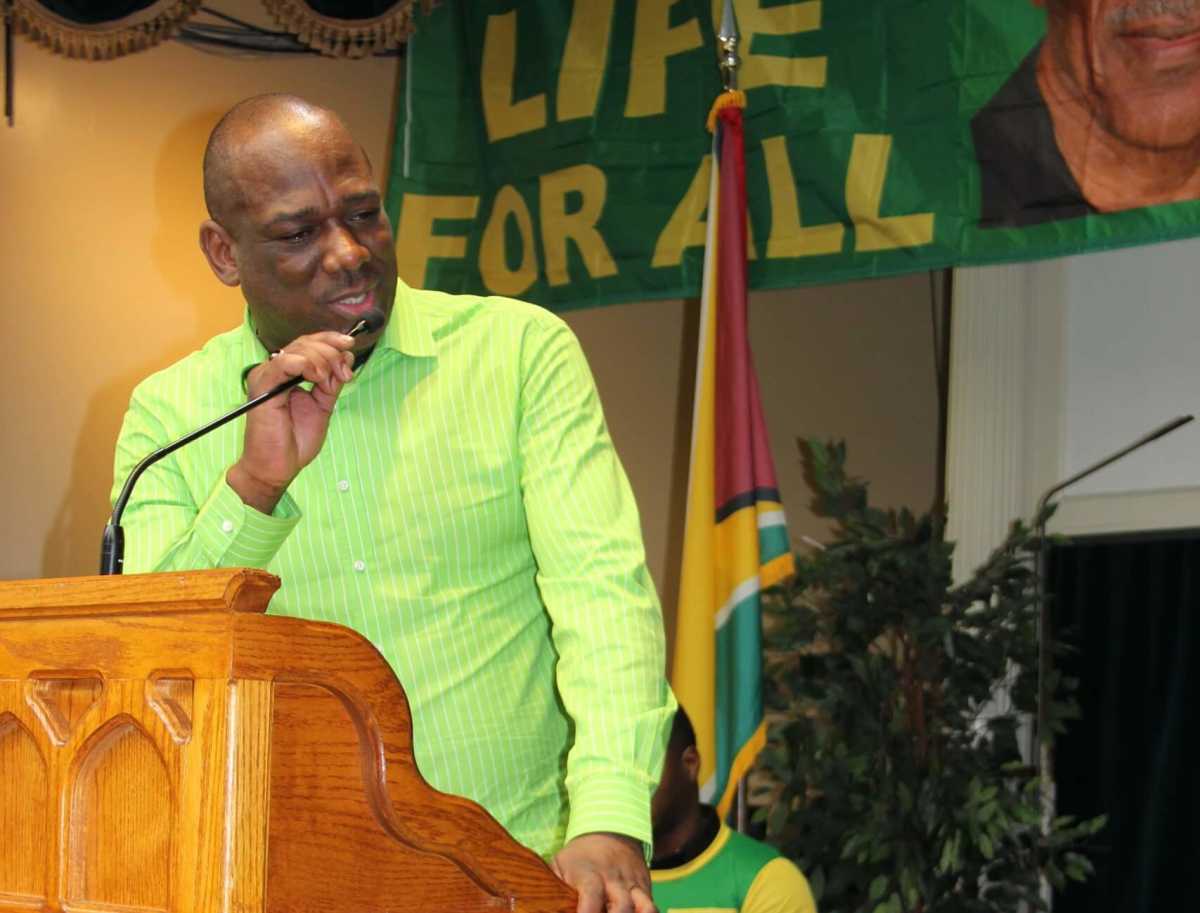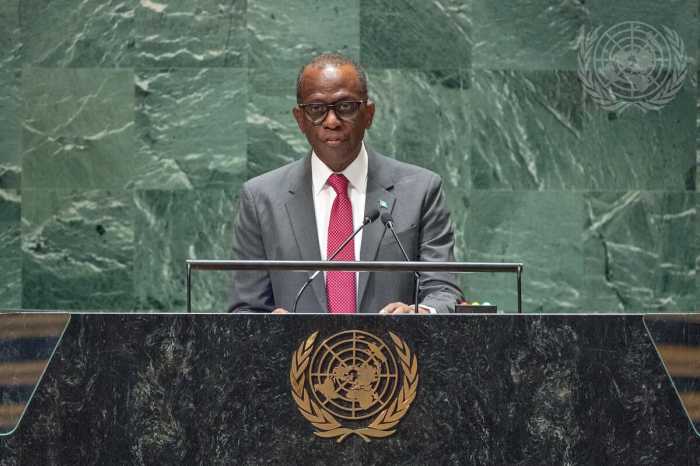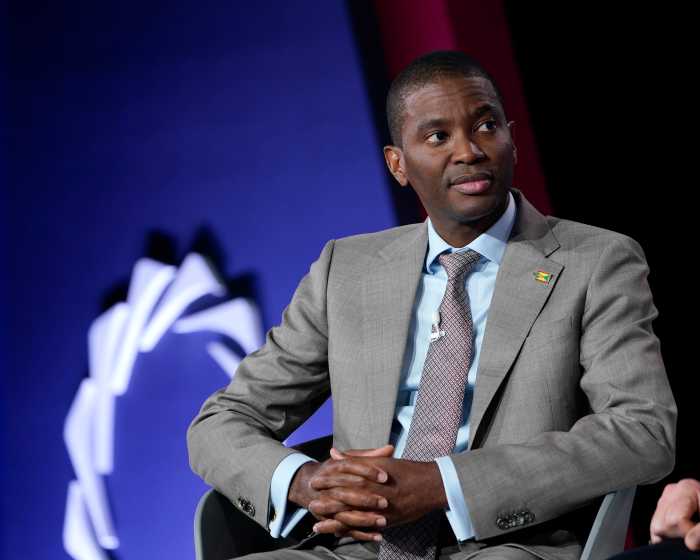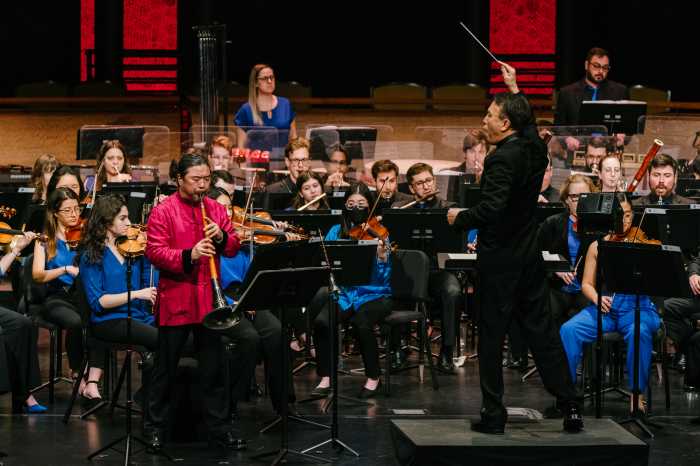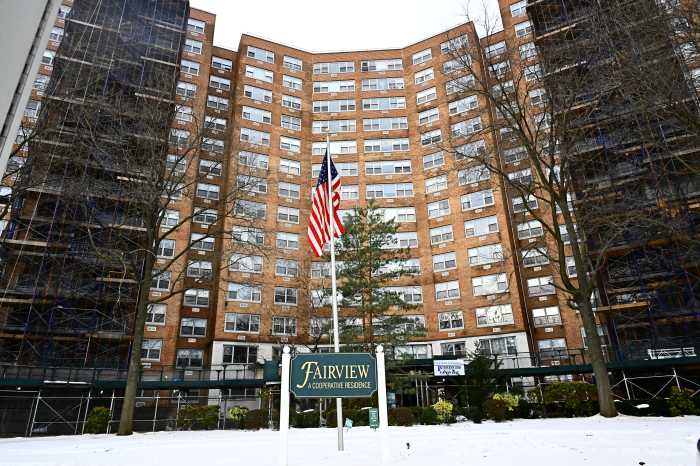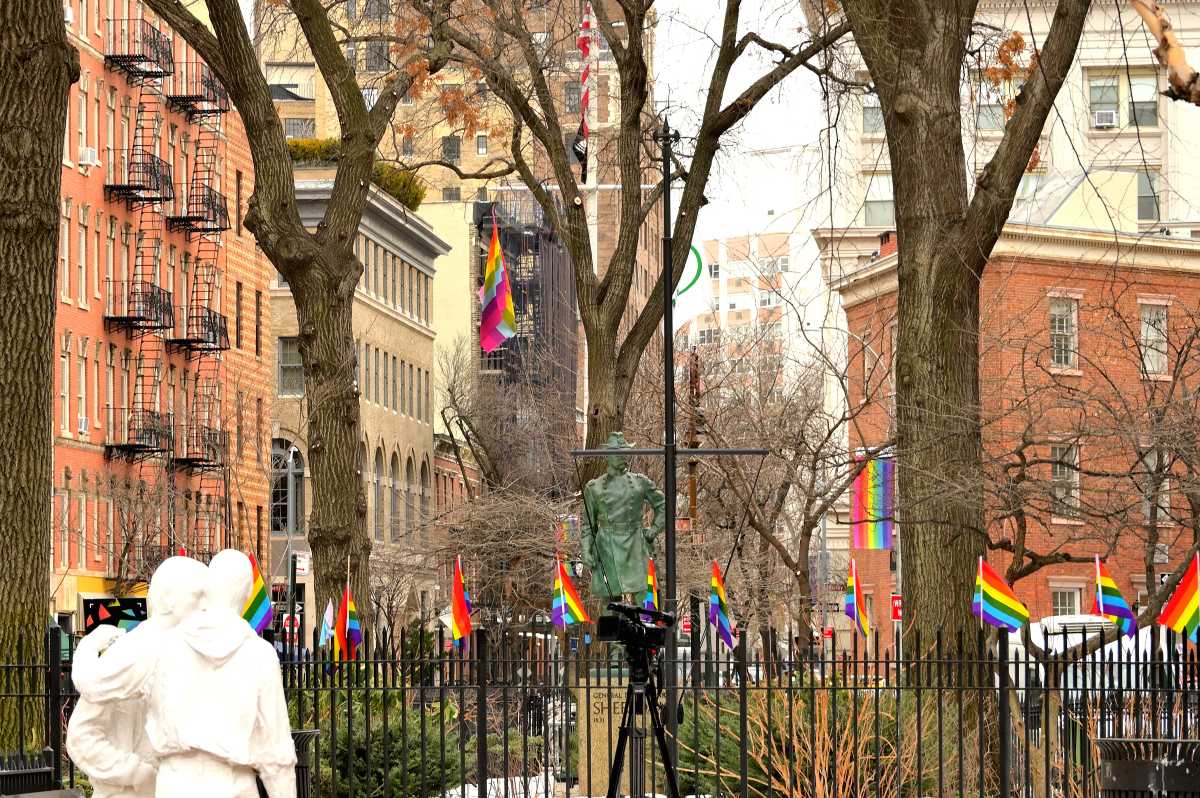Rickford Burke, president of the Brooklyn-based Caribbean Guyana Institute for Democracy (CGID), welcomed the dismissal of the defamatory libel charges against him by Guyana’s Chief Justice Roxane George-Wiltshire late Friday, June 20.
Earlier Friday, the justice ruled that criminal defamatory libel is unconstitutional and violates the enshrined right to freedom of expression.
“I thank the court for this historic ruling,” Burke told Caribbean Life. “The judgment of the Chief Justice is sound and unassailable. It sets a new precedent in the entire Commonwealth jurisprudence that vitiates overreach by autocratic governments to limit dissent and free speech.”
Burke charged that the incumbent People’s Progressive Party (PPP) Government in Guyana “has been abusing the Guyana Police Force and the laws of Guyana to intimidate, persecute and assassinate the character of Guyanese abroad who express dissent, expose their racism and corruption.
“I have been completely exonerated,” Burke exclaimed. “The lies, fabrications, and criminal conspiracy by the PPP government to frame me have been exposed by the court.
“Anil Nandlall (Guyana Attorney General) is a national disgrace and an embarrassment to Guyana,” he further charged. “He must resign in shame.”
Burke thanked his attorneys for “a splendid job arguing this matter before the court, which produced a landmark ruling.
“Together, we created history in the Commonwealth jurisprudence and further afield,” he added.
Burke, a staunch critic of the PPP Government, was represented by Senior Counsel Roysdale Forde and former Magistrate Dawn Cush.
On Friday, Chief Justice George-Wiltshire ruled that Section 115 of the Criminal Law Offences Act, which includes conspiracy to commit such an offence, is “unconstitutional as violating Article 146, which guarantees freedom of expression.
“It is declared that the resort to criminal defamatory libel to protect individual reputation is unnecessary, disproportionately excessive and not justified and or required to protect reputations, rights, and freedoms of other persons and are unconstitutional as being in violation of Article 146. which is the freedom of expression provision in our constitution,” she ruled.
On Dec. 3, 2021, the Guyana Police Force (GPF) issued a wanted bulletin for Burke, citing offences under various acts, including the Racial Hostility Act, Cyber Crime Act, and Criminal Law Offences Act.
On Sept. 29, 2022, the Force issued another wanted bulletin for Burke, citing Conspiracy to Commit a Felony under the Criminal Law (Offences) Act.
On Aug. 18, 2023, the prosecution formally filed charges against Burke at the Vigilance Magistrate’s Court. However, Burke, who resides in Brooklyn, did not appear in court.
In response, the magistrate ordered the preparation of a “defendant summons” to compel Burke’s attendance on March 28, 2024.
In her ruling on Friday, Justice George-Wiltshire said she was compelled to consider human rights conventions and learning in accordance with Article 39, much of which have criticized criminal defamation.
She said several Caribbean countries, including Grenada, Jamaica, Antigua and Barbuda, and Trinidad and Tobago, have abolished criminal defamatory libel after lobbying, especially by journalists.
Justice George-Wiltshire questioned how Burke, who has been living in the United States for the past 27 years, could have committed the offence in Lusignan, East Coast Demerara.
She said it was evident that the prosecution did not tell Magistrate Fabayo Azore that Burke was not in Guyana and could not have been at Lusignan as stated in the charge.
“If this was disclosed to the magistrate, then she most likely would have declined to have issued the summonses issued under her hand,” the Chief Justice said.
She said the magistrate admitted to Burke’s contention that the summons is only effective within the jurisdiction of Guyana, adding it does appear that what was done was more akin to service of civil proceedings and, even then, whether such service is acceptable depends on the rules of court.
In her judgment, Chief Justice George-Wiltshire held that the threat of state action through criminal law amounts to overreach.
Just before Friday’s court ruling, Burke claimed that Trump administration officials “have taken up the matter and have demanded that the PPP Government explain why US sovereignty was violated by a conscious decision of the Government of Guyana to send a Guyana Police officer to New York to commit several crimes; including violating US Immigration law, and unlawfully acquiring an illegal gun, which was brandished at Burke at his home.
“CGID has consistently demanded that officials in the PPP Government involved in this conspiracy to violate US law be sanctioned for violating US sovereignty and committing transnational repression crimes,” Burke said.


